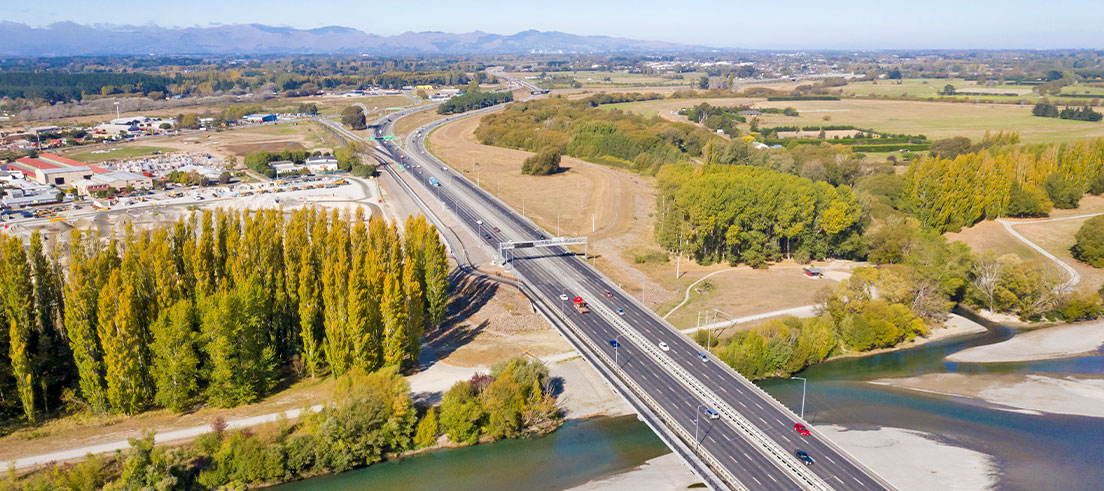
Canterbury transport plan signals increased investment needed
Council has formally approved a future-focused and ambitious plan for the region’s transport network.
The Canterbury Regional Land Transport Plan sets the vision and priorities for land transport across the entire region. It guides planning and investment to support a resilient network and enable economic growth in Canterbury over the next decade.
It includes a significant step-up in planned spending – more than double the previous plan – that aims to address deferred maintenance work and support a robust transport network that can stand up to ever-increasing use, as well as more frequent and severe exposure to extreme weather or natural hazards.
The plan was developed by the Canterbury Regional Transport Committee, and includes investment in the region from councils, New Zealand Transport Agency Waka Kotahi, and the Department of Conservation.
Following consultation in March this year, the draft plan was amended to reflect submissions from the community and stakeholders. Of the 131 submissions, more than 100 supported the strategic direction outlined in the plan.
High-priority projects include the second Ashburton urban bridge, Public Transport Futures in Greater Christchurch, and the State Highway 1 Belfast to Pegasus and Woodend Bypass.
A key change made after hearings and deliberations was the higher prioritisation of the Pages Road Bridge renewal project. This followed new evidence provided in Christchurch City Council’s submission, highlighting the increased risks for the New Brighton community from a tsunami in the event of a local earthquake.
Funding for the plan over the next decade will come from a mixture of central and local government sources. Two-thirds of the funding is sought from the central government’s National Land Transport Fund, with the remaining source from rates as local councils set their 10-year budgets in the coming months.
Many submissions on the Plan also supported the need to explore alternative funding approaches like user pays, third-party investment, tolls, or time and use charging. The Regional Transport Committee has agreed to advocate for new approaches that mitigate funding risk rather than removing activities from the plan.
Our Council has asked for better recognition of the importance of Canterbury, and the wider South Island, in its submission on the Government Policy Statement for Land Transport. This is also supported by the Canterbury Regional Transport Committee and the Canterbury Mayoral Forum in their submission.
